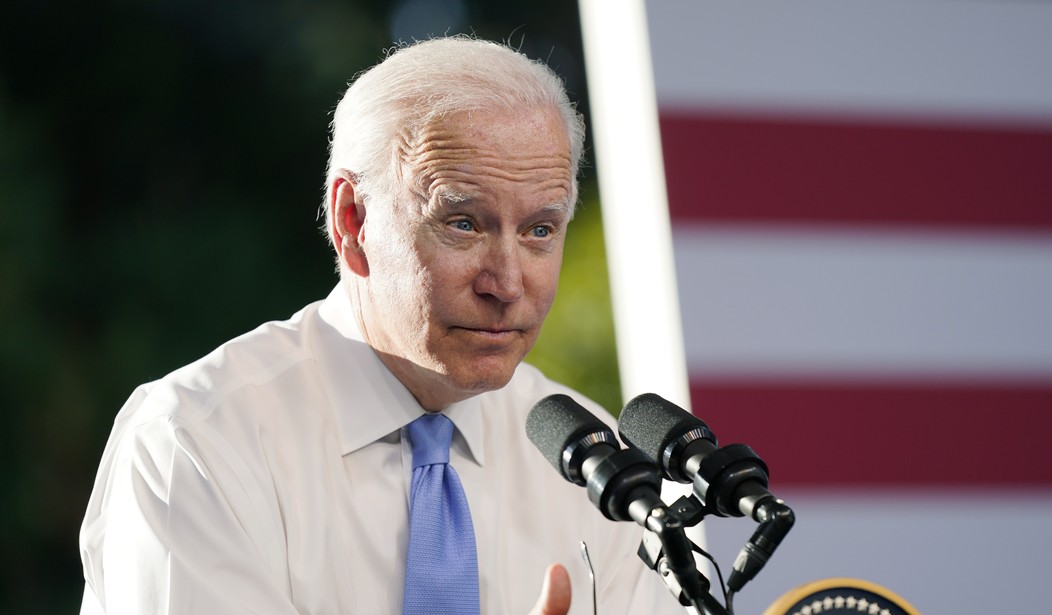The United States government is very aware of the value of rare-earth minerals. In a 2014 paper, the U.S. Geological Survey noted that rare earths are vital, and our modern world cannot function without them. “Rare-earth elements (REEs) are used in the components of many devices used daily in our modern society, such as: the screens of smart phones, computers, and flat panel televisions; the motors of computer drives; batteries of hybrid and electric cars; and new generation light bulbs. Lanthanum-based catalysts are employed in petroleum refining. Large wind turbines use generators that contain strong permanent magnets composed of neodymium-iron-boron,” the U.S.G.S. paper says in a photo caption, summing up the value of these metals.
Afghanistan has an estimated trillion dollars worth of rare-earth minerals under its soil. Thanks in no small part to the country’s endemic instability, those rare-earth minerals are still there. The United States could have used its 20 years battling to stabilize the country as cover to extract those minerals but chose not to.
China controls an estimated 85-95% of the world’s rare-earth mineral extraction right now. Or more — up to 97%, according to the Foreign Policy Research Institute. It isn’t the rarity of the rare earths that give China so much control. They’re not actually all that rare. It’s a combination of factors playing directly into China’s hands.
The Foreign Policy Research Institute’s June Teufel Dreyer wrote in October 2020:
Comprising 17 elements that are used extensively in both consumer electronics and national defense equipment, rare earth elements (REEs) were first discovered and put into use in the United States. However, production gradually shifted to China, where lower labor costs, less concern for environmental impacts, and generous state subsidies enabled the People’s Republic of China (PRC) to account for 97 percent of global production. In 1997, Magniquench, then-America’s leading rare earths company, was sold to an investment consortium headed by Archibald Cox, Jr., son of the same-named Watergate prosecutor, with two Chinese state-owned metals firms, San Huan New Materials and China National Nonferrous Metals Import and Export Company. The chairman of San Huan, son-in-law of paramount leader Deng Xiaoping, became chairman of the company. Magniquench was shut down in the United States, moved to China, and reopened in 2003, where it fit in well with Deng’s Super 863 Program to acquire cutting-edge technologies for military applications, including ‘exotic materials.’ This left Molycorp as the last remaining major rare earths producer in the United States until its collapse in 2015.
Environmental regulations in the U.S. make it even more difficult to extract them despite the fact that we generally know where they are. West Texas and several Western states are known to have rare-earth deposits. There are efforts to build firms and extract them, but regulatory red tape slows everything down.
Meanwhile, Joe Biden has announced that the United States is beating a hasty retreat from Afghanistan, so hasty that we’re drone-bombing our own equipment to keep it from falling into the hands of the Taliban.
And the Taliban is cozying up to the Chinese, according to a Rand analysis.
Yesterday, the Global Times, a mouthpiece of the Chinese Communist Party, argued that “making an enemy of the Taliban was not in the interest of China.” And last week, the outlet cited a Chinese expert arguing that “the Taliban [are] quietly transforming to become more like a political organization focusing on the internal affairs of Afghanistan, and it is preparing to take power.” In an interview with reporters, Chinese Foreign Minister Wang Yi urged the Taliban to make a “clean break” with terrorism should the group retake Afghanistan. To be sure, Beijing has been preparing for just such a scenario. China first publicly hosted Taliban representatives for negotiations in 2019, and private communications have very likely been ongoing for longer.
The Taliban, for its part, has signaled that it won’t make an issue out of China’s brutal repression of the Uighurs. Doing so would not be in the Taliban’s short-term interests of stabilizing control of Afghanistan and making money, either through illegal drugs or very legal and lucrative rare earth mines. They won’t have the regulatory burdens that U.S. developers face, since they will be calling the shots.
Looking forward, China is sure to extend its Belt and Road Initiative into Afghanistan to extend its grip and influence. India and Russia, respectively rivals and allies with China, are sure to look at China’s moves with suspicion. Pakistan can be expected to play a pivotal role in making trouble for India in the Jammu and Kashmir region.
Related: Toyota Puts the Brakes on EV, But Not Just for the Reasons the Verge Says
The American presence over two decades ended up doing little to stabilize Afghanistan itself. That country is, as our Stephen Green likes to put it, where the map ends. A rare-earth mineral gold rush may change that. China might brutally impose a stability, working with the Taliban, that the U.S. couldn’t and the Soviets failed to establish before that.
It’s in no one’s interests but China’s for that country’s dictatorship to grab even more control of the vital rare-minerals industry. China could effectively control what defense technology the United States and our allies can build. Our most advanced systems all depend on rare-earth minerals to function. The push to electric vehicles depends on rare-earth minerals. Solar panels and other so-called renewable energy sources depend on rare earths. The national security agenda of the right and the green agenda of the left both depend on rare-earth minerals. China has a monopoly on them now.
The smart thing for the U.S. to do would be to free up regulations and capital to open up domestic development of rare earths and development in friendly countries. But the Biden administration won’t do that, as it would run afoul of the “keep it in the ground” left in its own party. They refuse to accept that there is no free lunch when it comes to energy or technology. They love their smartphones, blissfully unaware of their origins and geopolitical implications or what it takes to power them.
It all makes one wonder, did Biden take any larger strategic concerns into account when announcing the U.S. withdrawal from Afghanistan? The obvious answer seems to be no. He wanted a date to leave Afghanistan no matter the consequences. One consequence is the humiliation of watching the Taliban gobble up the country and destroy our allies before our forces are even gone. Another is the appearance that the U.S. is losing the great power game, whether by design or incompetence. With Biden, it’s difficult to tell the difference.
Here’s one more potential consequence: Four nuclear-armed regional rivals may battle overtly and covertly for control of that hole in the map which happens to be rich in vital minerals that the whole modern economy and way of life depend on, and which will soon be controlled by a ruthless terrorist army.









Join the conversation as a VIP Member